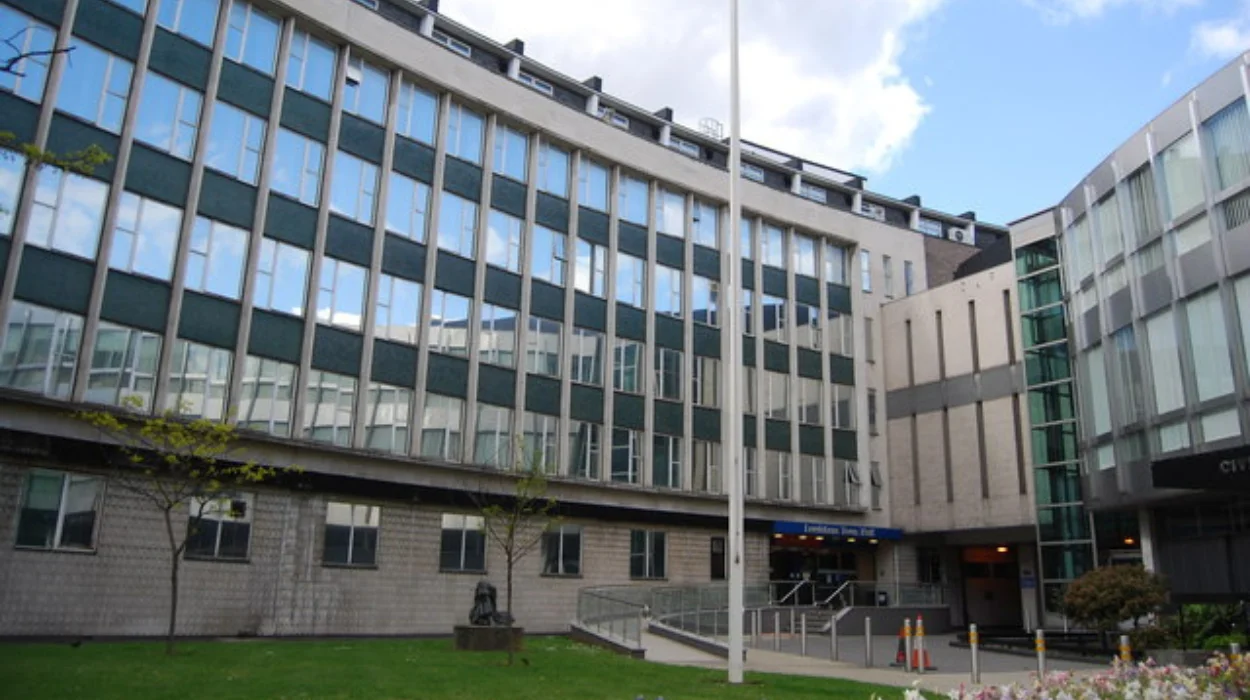Lewisham (Parliament Politics Magazine) – A mother has been awarded £9,400 after Lewisham Council left her sick child living in a damp, mouldy flat, exposing serious housing and health concerns.
After receiving a life-threatening diagnosis, the woman’s youngest kid had to spend two years in a Lewisham hospital receiving treatment.
After the family received a Section 21 eviction notice from their private landlord, Lewisham Council took 13 months “too long” to provide them with temporary housing, according to an investigation by the Local Government and Social Care Ombudsman. The council has also come under fire for how it handled the family’s complaint.
Lewisham Council apologized to the family and told the Local Democracy Reporting Service (LDRS) that it understood it “fell short” of the service that was expected of it.
The family will receive £9,440.24 from the council to cover preventable rent arrears and legal fees.
According to the Ombudsman, the council had little time to find the family a suitable place to live because it let them remain in private housing until a week before bailiffs evicted them. Due to the council’s policy of postponing taking action until the bailiffs produced a warrant, the family was confronted with court bills of £46.03 per day.
If the family moved out before this point, the council added, it would consider them “intentionally homeless” and would not be able to provide assistance.
The Ombudsman said when the council did act, the only accommodation it could find was out of the borough, with damp and mould issues. This meant the child’s nurses could no longer make their weekly visits and instead the child had to travel to hospital, which put them at risk of further harm.
Amerdeep Somal, the Local Government and Social Care Ombudsman, said:
“This kind of brinkmanship has placed a severely ill child at grave risk and compounded an already distressing situation by forcing the family to live with the threat of being physically removed from their home hanging over them.
The council has failed to grasp the seriousness of this case from start to finish and the family’s situation was only made worse by the council’s failure to provide suitable temporary accommodation or to properly respond to their complaints.”
The woman, known as Ms. X, and her two kids resided in a privately rented home. The family received a Section 21 eviction notice in the middle of June 2023, and in late June, Ms. X went to the council to ask for assistance. The council contacted Ms. X’s landlord. When the notice period ended in August, the landlord informed the council that it was selling the property and that if Ms. X did not vacate, it would move to court to take possession.
Ms. X informed the council that she could not afford the £200 monthly rent increase her landlord was implementing starting in September. early in August, with the Section 21 notice expiring in a little more than a week.
Since the family was now too far away for the nurses to visit, Ms. X had to transport B to the hospital, which put B in danger because it was a long drive. Mr. Y reminded the council that the family required a clean, mold-free home and showed them photos of the new property’s dampness and mold.
The council said that the property was the only one accessible that day and that it had requested that the property provider fix the mold and wetness.
A Lewisham Council spokesperson told the LDRS in response to the Ombudsman’s findings:
“We have accepted all the recommendations made by the Ombudsman and will take forward the actions detailed. We have also revised the policy which compounded the unacceptable delays in this case.”
The Ombudsman, Ms Somal, said:
“This awful situation could have been avoided, and more suitable accommodation found sooner, had Lewisham not left it so late to act.
The council has agreed to end its flawed policy of leaving people facing homelessness in their property until the court grants a bailiff warrant. It will now assess and rectify the situation for others at risk of homelessness in the borough who are awaiting assistance. I hope this will now improve the outlook for people facing homelessness in Lewisham.”
What specific failures did Lewisham Council admit that led to the £9,440 award?
The council acknowledged failures in maintaining accurate records and effective communication within the organization and with residents regarding their complaints. There was a lack of a proactive and preventative approach to repairs, especially related to damp and mould issues, which exacerbated the child’s health risks.
Despite knowing the child was immuno-compromised and needed clean, safe housing near the hospital, the council delayed securing appropriate interim accommodation, leaving the family in unsuitable conditions.
The council’s policy of requiring tenants to remain in their homes until a week before eviction by bailiffs contributed to delays in relocating the family to safe housing.


